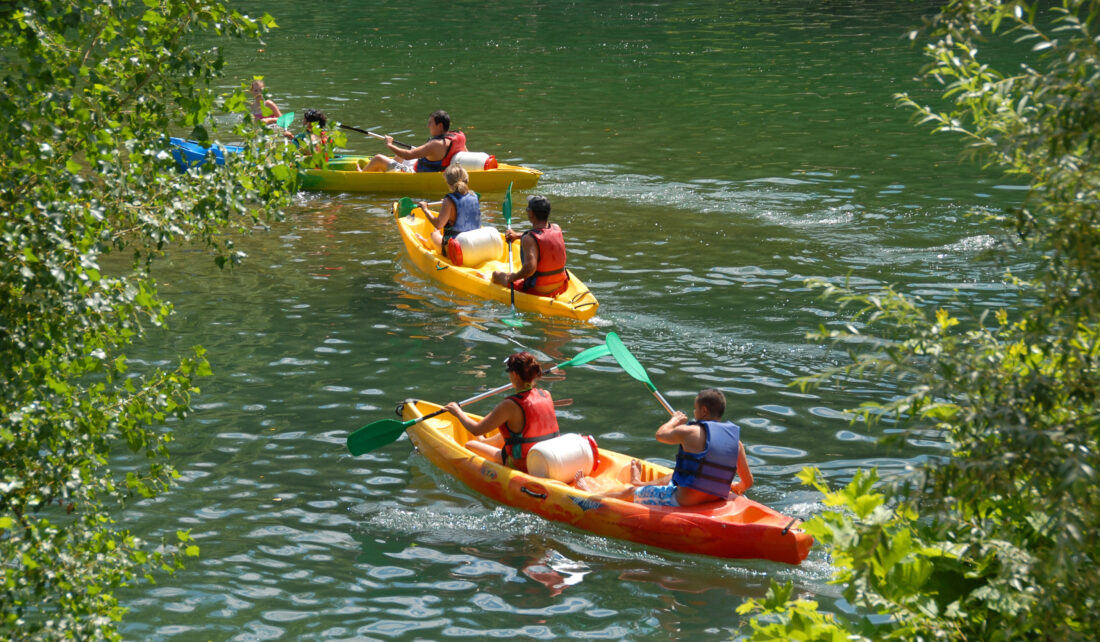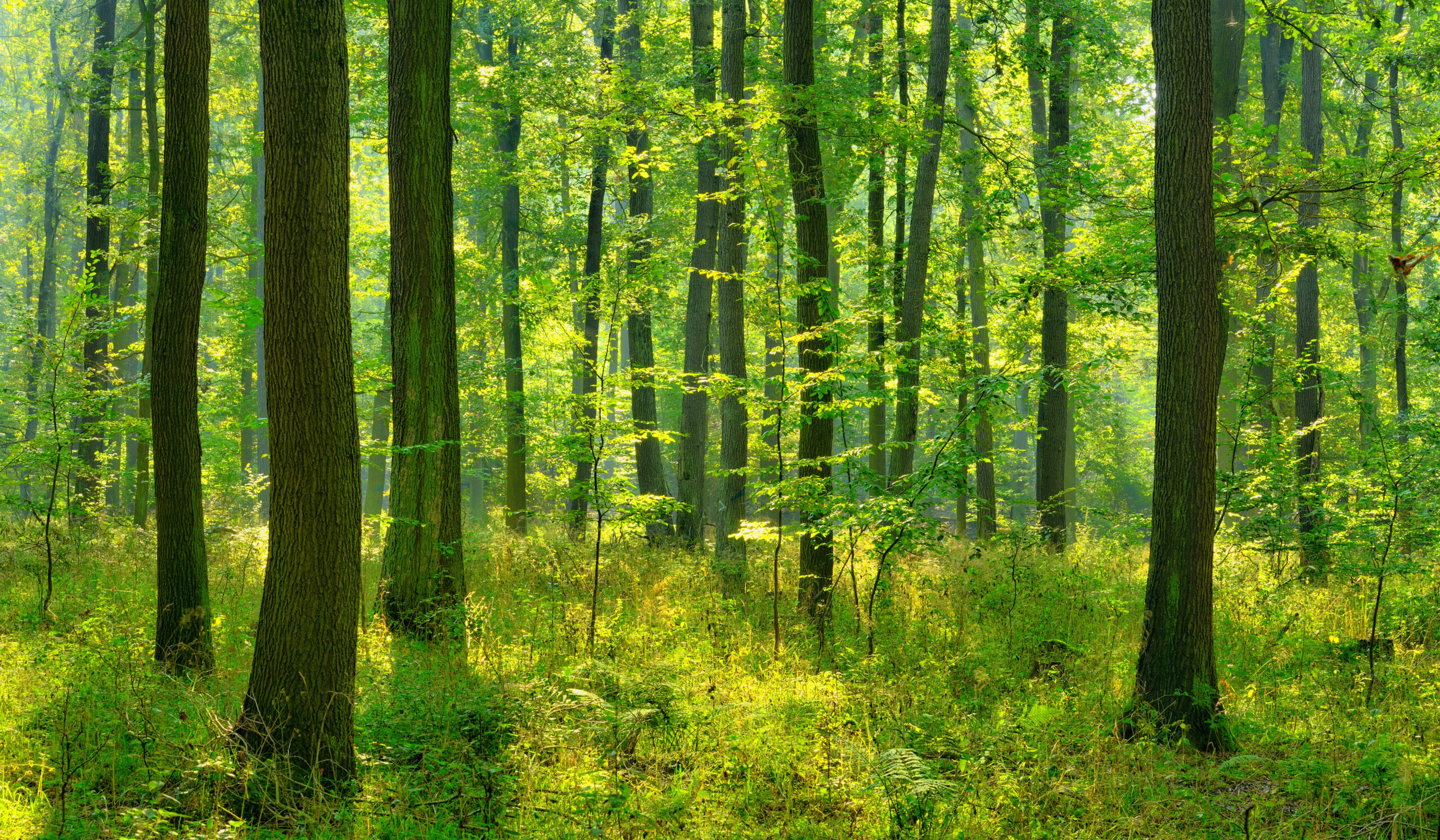
It’s a familiar story. Local decision-makers consider plans to clear a stand of old trees to install a parking lot or some other development and residents unexpectedly, strongly push back. What may have seemed like a bottom-line decision suddenly pits different needs and values in the community against each other.
While the value of development can often be quickly summed up in dollars that enhance the local economy, the value of a stand of trees is not so easily calculated. And yet, natural environments, such as the trees in question, most certainly offer benefits to people—they reduce carbon dioxide in the atmosphere, absorb rainwater, and provide a nice place to recreate, to name just a few.
These benefits can be described as ecosystem services, a term developed as part of a process to help communities enumerate and quantify the many services that nature provides that benefit people.
“Understanding and assessing ecosystem services can improve decision-making by providing a more complete picture of the benefits and potential tradeoffs involved in making land use choices,” said Margaret Schneemann, Illinois-Indiana Sea Grant (IISG) water resource economist.
Schneemann along with Leslie Dorworth, IISG aquatic ecologist, have developed a program to introduce the concept of ecosystem services to local decision-makers and to walk them through the steps involved in defining and assessing the value of nature’s benefits as part of the planning process.
“Recognizing and valuing these services encourages decision-makers to implement best management practices to make sure these benefits continue to be available,” said Dorworth.
For local resource managers or land managers, the process begins with identifying and mapping local ecosystems that are used by the community—to compile an inventory.
“The next step is to develop an understanding of the value of local ecosystem services to the community and how the community is actually using those ecosystems,” said Schneemann. “When you’re looking at a potential action that would impact those ecosystem services, you can convey the tradeoffs to the public in a transparent way.”
Making better decisions with regard to ecosystems and their benefits to people includes understanding how they work from a biological perspective. Many community members, or even decision-makers, might value local brook trout, for example, but are unaware of the need for sufficient habitat and the organisms that make up a healthy food web that support these fish.
“Because people may not understand the biological relationships in an ecosystem, they might support a plan or decision that is counterproductive to the ecosystem services they want,” said Dorworth.Schneeman sees value in doing an economic study, but if a community’s efforts stop short of that, the work is still useful for addressing tradeoffs and making informed decisions. Important questions and answers can be brought forth.

“If we cut down an oak forest, what are we impacting? What’s going to change in the community? The frequency of flooding? The bird watching? People’s heritage or cultural values? Writing all that down and mapping that all out can help unpack all those connections,” said Schneemann.
Schneemann and Dorworth are designing a pilot workshop to start at the basics—identifying and mapping ecosystems, defining ecosystem services, and understanding whether a potential action involves ecosystem services. The first workshop will take place in 2025. The website, Valuing Ecosystem Services, also provides an introduction to related concepts and links to resources.
_______________________________________________________________________
Illinois-Indiana Sea Grant is one of 34 Sea Grant programs supported by the National Oceanic and Atmospheric Administration in coastal and Great Lakes states that encourage the wise stewardship of our marine resources through research, education, outreach and technology transfer. In partnership with the University of Illinois Extension, and Purdue University Forestry and Natural Resources, Illinois-Indiana Sea Grant brings science together with communities for solutions that work.

